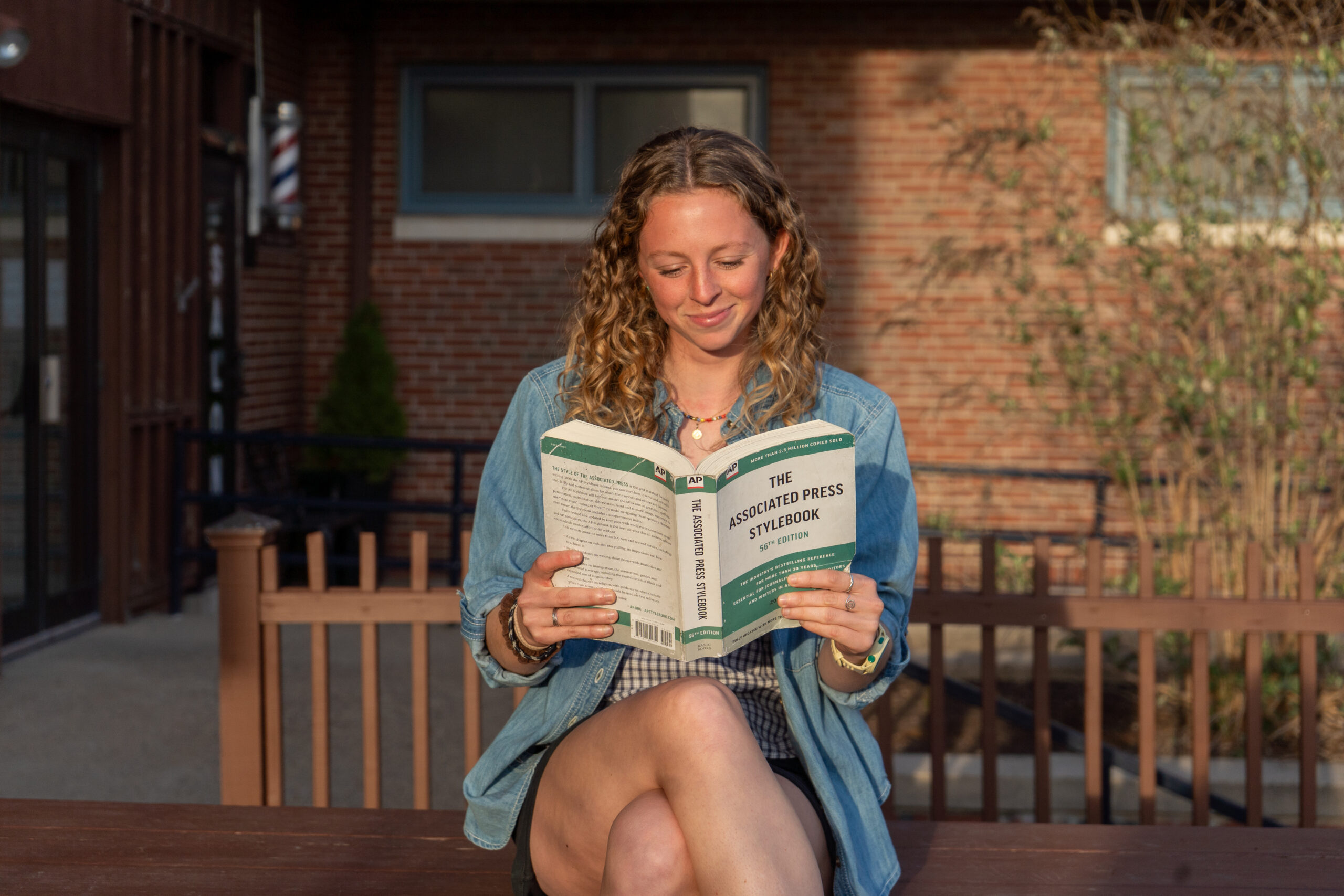Throughout my life, I have heard people say, “I’m so OCD” or “That’s so OCD.” Unfortunately, there is a widespread misconception about what it actually means to have Obsessive Compulsive Disorder.
I was diagnosed with OCD when I was 18. For as long as I can remember, I have struggled with OCD unknowingly. Because I was “managing” in life, I thought my obsessions and compulsions were a part of me, until I wasn’t “managing” any longer.
Growing up, I was never taught about mental well-being, certainly not about mental illness or OCD. Like most people, I assume, I thought OCD was a personality trait, maybe even a quirk. I thought someone with OCD was particular about organization or keeping clean. A perfectionist. A germaphobe. Yes, these are true and may be characteristics of someone who suffers from OCD. But it is so much more complicated than that.
OCD is an illness that causes people much pain and torment. A person with OCD experiences very distressing thoughts that cause them to perform compulsions, or actions, in order to neutralize the thought and negative emotions.
For me, I was severely afraid of acquiring and spreading germs. Because of this fear, I washed my hands and showered excessively. I wouldn’t leave my house. I wouldn’t sit on my couch and at one point I wouldn’t sleep in my own bed.
OCD causes people like myself to overemphasize risk. So, in order to avert risk and avoid feeling anxious, fearful or guilty, we ritualize. Some people with OCD may be afraid of being a “bad” person. Some are afraid of accidentally causing harm to other people. Others may be afraid of contracting a deadly illness. Or not feeling “just right,” and so on.
If untreated, OCD can cause a lot of pain. Unfortunately, many people won’t seek treatment because of stigma or lack of awareness.
Because of stigma and a sense of sheer shame, I avoided seeking help. In doing so, my OCD only grew worse. I was isolated inside my house and avoided seeing friends and family. I stopped all communication with friends for about nine months.
In this time of darkness, I fell into a deep depression and came to the conclusion that I was never going to get better. Fortunately, at this time, I had an incredible treatment team (who specialized in OCD) that believed in me when I couldn’t.
For anyone struggling with OCD or mental illness and can’t see the light at the end of the tunnel, there is hope for you. There are proven treatments that changed my life completely. With the help of a team who was specialized in Exposure and Response Prevention Therapy, I was able to confront my fears and gain the confidence to believe that I am stronger than my OCD.
From experience, seeking help in regards to mental health can evoke enormous shame. There is no shame in seeking help. Understanding that you need help (Which is under no circumstance your fault. No one asks for OCD) is courageous.
There are specialists trained to help people like you and me. And they’ll treat you with dignity. Seeing specialists, hearing from and meeting other people with OCD brakes down the barrier of shame and helps you see that there are other people like you. That you are not crazy and not the only person who experiences intrusive thoughts.
For those who feel like treatment is too daunting an experience, the momentary relief experienced from ritualizing does not compare to the freedom you can experience from fully engaging in therapy. Doing treatment was the most difficult but most fulfilling decision I’ve made in my life.
It is time for those struggling with mental illness to come out of the darkness and receive the treatment they deserve without shame and with dignity.



